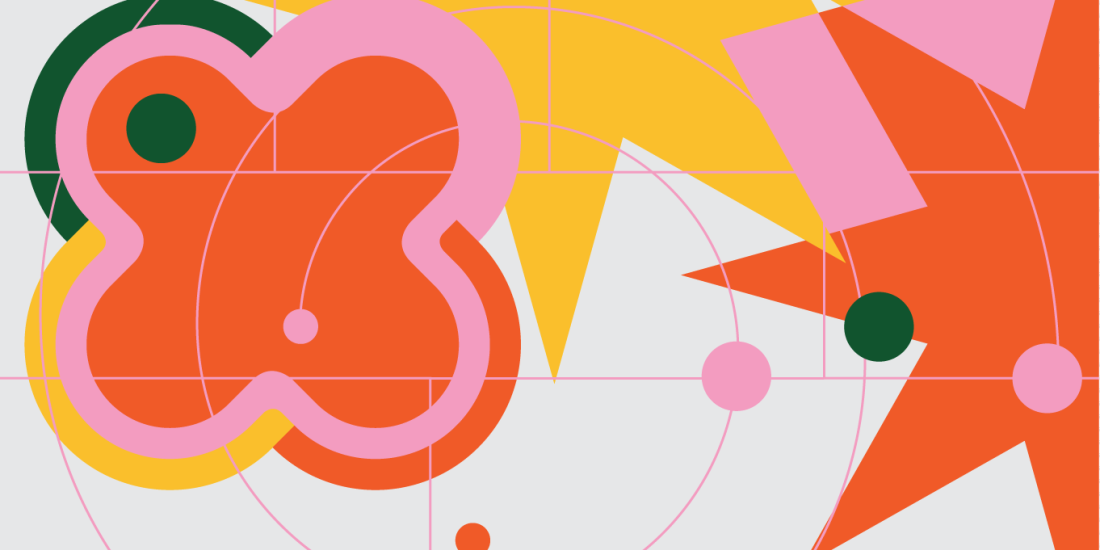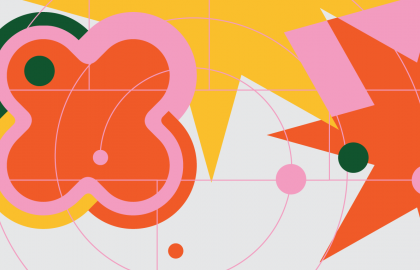Music
Halaqat Impro Session
What happens when you bring together six artists with a wide range of musical and cultural backgrounds? The Halaqat Impro Session was the culmination of an intense exchange between musicians who met for the first time just five days earlier. They were selected following an open call to bring together musicians from Europe and the Arab world who are making jazz and electronic music. In the days before the session, they have been improvising, experimenting, and exchanging ideas at Werkplaats Walter, the ultimate venue for experimental and avant-garde music.
Belgian music-lovers will already be familiar with these two participants: Mattias De Craene (Nordmann, MCI(III)) and Soet Kempeneer. Now is the ideal moment to (re)discover the other four highly talented and promising musicians across the Mediterranean.
Curious about a look behind the scenes of the previous music residency? Read the interview with music supervisor Christophe Albertijn here.
Film talks
Three recent thought-provoking documentaries from the Arab world cast a personal, surprising, innovative and emotional light on universally relevant topics. On the second film night, we made time for an in-depth discussion on the representation of the Arab world through the lens of cinema.
Why was it necessary for Arab directors S. Alqadi and E. Dagher to make their films?
Why was it necessary for Arab directors Samaher Alqadi (director of As I Want) and Ely Dagher (director of A Sea Ahead) to make their films? How do their films reflect the reality? A discussion with the directors Samaher Alqadi and Ely Dagher, moderated by Karima Saïdi
What are the challenges for alternative distribution of Arab films?
Fatma Cherif, director of the Gabes Cinema Fen Festival in Tunisia tells the story behind the creation of the Festival which aims to show Arab auteur films outside capitales. Reda Benjelloun, director of the documentary series Des Histoires et Des Hommes on the Moroccan channel 2M explains the importance of broadcasting non-fictional films.
How were Samaher Algadi’s and Ely Dagher’s films received in the Arab world?
How did the Arab audience receive Samaher Alqadi´s film As I Want and Ely Dagher´s film A Sea Ahead? A discussion with the directors Samaher Alqadi and Ely Dagher, moderated by Karima Saïdi.
What are some of the topics of interest in the Arab cinema since the Arab revolutions?
A discussion with Fatma Cherif, director of the Gabes Cinema Fen Festival in Tunisia and Reda Benjelloun, director of the documentary series Des Histoires et Des Hommes on the Moroccan channel 2M, moderated by Karima Saïdi.
How does film co-production work between Arab countries and Europe?
A discussion with Fatma Cherif, director of the Gabes Cinema Fen Festival in Tunisia, Reda Benjelloun, director of the documentary series Des Histoires et Des Hommes on the Moroccan channel 2M and the directors Samaher Alqadi and Ely Dagher, moderated by Karima Saïd.
Join @Halaqat2122 on Facebook to find out about other Halaqat residencies and projects.
The European project Halaqat is implemented by the Goethe-Institut in collaboration with Bozar - Centre for Fine Arts Brussels. Halaqat is co-funded by the European Commission (under the designation: EU-LAS CULTURE), the Goethe-Institut and Bozar.

